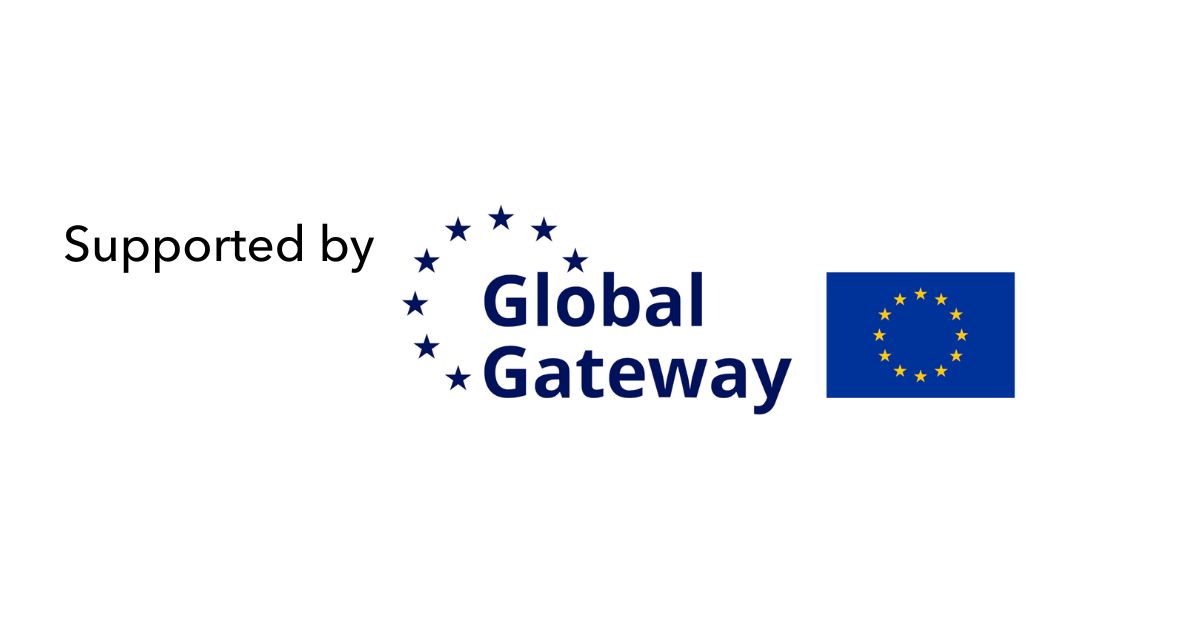Kampala
Uganda
- Queenie Tam
- Ghazi Mabrouk
Intermediate


Description
Data is crucial in policymaking, public service delivery, and development, informing decisions regarding program design, resource allocation, and the evaluation of interventions. Despite its potential, governments and policymakers risk not capturing the full value of data when there are no clearly defined processes and rules for how data is managed within and across institutions. Establishing and implementing a data governance framework can ensure transparency, accountability, and public trust.
This course introduces the key elements of a data governance framework and leads participants through the framework development process through a guided approach. The course will also reference international frameworks and guidelines and offer insights on designing a data governance framework relevant for the local contexts of developing countries.
By the end of the course, participants will be equipped with the knowledge and tools to build an effective data governance framework for their respective institutions or nations.
With the generous support of the Global Gateway initiative of the European Union, participation is free of charge for selected applicants, including two nights of accommodation and meals for a comfortable and immersive learning experience. Participants or their organizations will be responsible for covering their own travel expenses to and from Kampala, Uganda.
The course is designed mainly for mid-level government officials and policymakers who are tasked with drafting or updating their data governance frameworks following high-level policy decisions. It is most suitable for those who would like to examine the dimensions of a robust data governance framework and learn important strategies and considerations during a framework development process. The course will also accept relevant data stakeholders who work closely with the government and will be directly involved or consulted while designing a data governance framework.
The maximum number of participants is limited to 32 persons.
Participants should have a good understanding of the definition of data and the importance of data across all sectors and specifically to drive development. Further, a fundamental understanding of data management practices as well as ethical considerations in handling data and the benefits of data governance are required. The ideal participant is someone who is about to draft or update their country’s or organizations’ data governance framework.
Important additional requirements:
- Applicants must hold an undergraduate degree in a relevant field or have a minimum of three years of experience in above-mentioned areas if they do not hold a university degree.
- Possess a fluent level of English.
- Complete the application questionnaire and attach an up-to-date CV, a recommendation letter from their employer, or a motivation letter.
- Government officials and policymakers from developing countries, particularly women, are encouraged to apply.
- Selection will be conducted by the course organizers, who will consider the above entry requirements along with an analysis of the application questionnaire and the recommendation/motivation letter of each applicant.
Upon completion of this course, participants will be able to:
- Recognize the various data governance frameworks commonly used in countries around the world and the public sector and their relevance throughout the data lifecycle
- Define the key aspects of a data governance framework, including 1) institutions, mechanisms, and processes, 2) policies, legislation and regulations, 3) technology and infrastructure, 4) people, and 5) partnerships.
- Explain the data governance framework development process and strategies for maximizing effectiveness and buy-in from stakeholders.
- Build a robust data governance framework, including considerations for local contexts and challenges, ethics, quality management, compliance, assessment and improvement, and options for partnerships.
- Network with other course participants and the Data to Policy Network to establish a community of data governance experts.
This course will be delivered predominantly face-to-face, with two additional sessions held online before and after the in-person training. It will begin with a short online pre-training session for participants and instructors to get to know one another, align expectations and learning objectives, and get a glimpse of future topics to be covered during the course.
Face-to-face sessions will be held approximately a week after in a classroom setting led by an instructor using PowerPoint slides, short videos and other creative media. To maximize interaction and engagement, there will be breakout sessions for brainstorming and discussions, as well as short participant presentations throughout the course that encourage participants to draw on their specific environments. Participants will be assigned into small groups of 5-6 to facilitate teamwork and provide networking opportunities. A final project will be given when the face-to-face component concludes, requiring participants to work in groups on a chosen topic based on real-life scenarios. The course will end with a final half-day session held online approximately 2 weeks after, reconvening participants to present their final projects and receive feedback from instructors and peers. Participants will be invited to share their key takeaways from the course with the class.
Here is the detailed timeline of online and face-to-face sessions:
- Pre-training online session: 15 October 2024 | From 10:30 am to 12:00 East African Time
- Face-to-face session: from 22 to 23 October 2024
- Post-training online session: 1 November 2024 | From 10:00 am to 13:00 East African Time
Participants’ performance in this course will be determined using a combination of grades for the pre-class knowledge check, attendance and active participation during class sessions, and the final project:
- A pre-class short questionnaire to assess participants’ knowledge level and gaps in data governance. Completion will be awarded 10 points.
- Attendance at all in-person sessions and final presentation will be awarded 15 points.
- Active contribution to discussion, feedback, and presentation during class will be awarded 15 points.
- A final project requiring participants to build out a simplified version of a data governance framework for their country or institution as a group (individually submission will require approval from instructors), based off real-life scenarios and assumptions. The framework should include at least 1 of the key dimensions taught in the course. Submission - 40 points, good - 50 points, excellent - 60 points.
The pre-class knowledge check will account for 10% of the total score, attendance 15%, class participation 15% and the final project 60%. A total score higher than 80% is required to obtain the ITU certificate.












